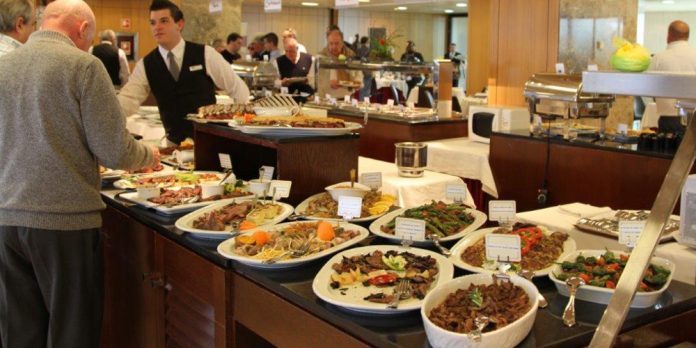Laura Cameron, the Mallorca businesswoman who is accused of masterminding a major food poisoning fraud on the island which saw dozens of British tourists submit false insurance claims against their hotels appeared in court on Wednesday where she admitted to collecting personal data from tourists which was later sold on to marketing companies.
She told the investigating judge in Palma, María Pérez, that she had regularly collected personal data from tourists to sell on to three companies specialising in complaints and marketing in the United Kingdom. She has denied, however, that her or her employees tried to convince travellers to claim compensation from the establishments by faking illness.
Cameron, who was arrested last September along with six of her agents said that she received €5,600 for every thousand names she collected, but denies ever having ever spoken to any of the tourists about faking illness.
She said that the names and telephone numbers were purchased by the marketing companies “just in case the tourists suffered any incidents, including food poisoning.”
According to the Civil Guard, Cameron was in contact with a number of British solicitors which only requested the proof of purchase at a pharmacy in Mallorca of a antidiarrheal drug before processing the food poising cases and given the high cost of a legal battle, tour operators would more often than not offer to settle with the costs passed on to the hotels.
On Tuesday Cameron offered her first evidence in the case after previously refusing to answer questions put to her by the police.
In court she only answered questions asked by the judge and her lawyers and declined to respond to the lawyers Carolina Ruiz and Jaume Campaner, who were representing the Mac Hotels chain and the Hotel Federation of Mallorca.
The Civil Guard said that the scams had started in 2014 and carried on until 2017, during which period they assessed the loss to hoteliers of more than 60 million euro nationwide. However Cameron stressed that she only collected data from tourists between the end of 2016 and the spring of 2017 insisting that she “absolutely did not” encourage tourists to file food-poisoning claims.
The case is expected to continue next week.





